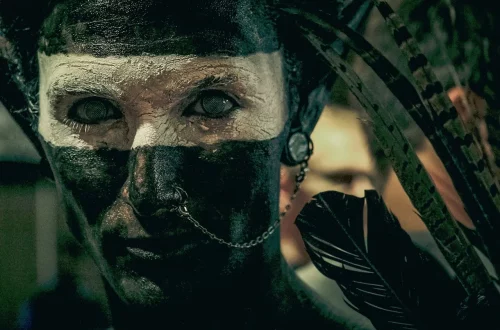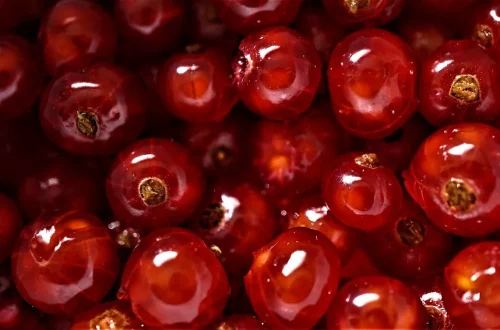
Understanding Equine Dental Floats: Importance and Best Practices
Equine dental care is an often-overlooked yet crucial aspect of horse management. Just like humans, horses rely on their teeth for proper nutrition, and dental issues can lead to significant health problems if left untreated. The anatomy of a horse’s mouth is complex, with teeth that continuously erupt and wear down due to the horse’s natural grazing habits. This continuous growth makes regular dental check-ups essential for ensuring the well-being of horses.
Dental floats, specialized tools used by equine dentists, play a pivotal role in maintaining a horse’s oral health. These tools are designed to smooth out sharp edges and correct misalignments, preventing pain and discomfort that could affect a horse’s ability to eat or perform. The importance of understanding how to use these floats, along with implementing best practices in equine dental care, cannot be overstated. A well-maintained mouth can lead to overall improved health, performance, and longevity for these majestic animals.
Establishing a routine for dental care can help horse owners avoid many common dental issues, ensuring that their equine companions remain healthy and happy. By prioritizing equine dental health, owners not only enhance their horses’ quality of life but also contribute to their overall performance and well-being.
The Role of Equine Dental Floats
Equine dental floats are vital tools used by equine veterinarians and dental technicians to maintain a horse’s oral health. Their primary function is to smooth and reshape the horse’s teeth, addressing issues such as sharp points, uneven wear, and misalignment. These problems can lead to discomfort while eating, which may ultimately result in significant health complications if not addressed promptly.
Floats come in various shapes and sizes, tailored to accommodate different equine dental needs. The most common types include manual floats, power floats, and hand-held floats. Manual floats require physical effort from the practitioner and are often preferred for their control and precision. Power floats, on the other hand, use electric or battery-operated systems to perform the task more quickly. These floats can be particularly beneficial for larger operations, where time efficiency may be a priority.
The use of dental floats not only helps prevent dental issues but also plays a crucial role in the overall health of the horse. Horses with dental problems may exhibit signs of pain such as head tossing, difficulty chewing, or even behavioral changes. By addressing these issues early with the appropriate tools, horse owners can ensure their animals maintain a healthy appetite and enjoy a better quality of life.
In addition to their role in direct dental care, floats also serve an educational purpose for horse owners. Understanding how dental floats work and recognizing the importance of regular dental care can empower owners to take proactive steps in managing their horses’ health. Regular dental check-ups and maintenance can help identify potential issues before they become severe, allowing for timely interventions.
Signs of Dental Problems in Horses
Recognizing the signs of dental issues in horses is essential for ensuring timely intervention and care. Horses are masters at masking pain, which can make it challenging for owners to identify when something is amiss. However, there are several common indicators that may suggest dental problems.
One of the most notable signs is changes in eating habits. If a horse begins to drop food or shows reluctance to eat, it may indicate discomfort caused by sharp teeth or dental disease. Similarly, if a horse is only chewing on one side of its mouth, it may be trying to avoid pain associated with dental issues. In some cases, horses may also exhibit weight loss or a decline in overall body condition due to difficulty in obtaining sufficient nutrition.
Behavioral changes can also signal dental problems. Horses that are typically calm may become irritable or resistant to handling. Additionally, signs such as excessive salivation, foul breath, or the presence of nasal discharge can indicate underlying dental or health issues. Owners should also be vigilant for signs of head shaking or tossing, as these behaviors may suggest discomfort in the mouth.
Regular dental examinations by a qualified equine dentist can help identify these issues before they escalate. During these check-ups, practitioners can assess the horse’s dental condition and provide necessary treatments, including the use of dental floats. By remaining attentive to these signs and prioritizing dental health, horse owners can help ensure their animals remain happy and healthy.
Best Practices for Equine Dental Care
Implementing best practices for equine dental care is crucial for maintaining the health and well-being of horses. Regular dental examinations should be a fundamental part of a horse’s healthcare routine. Most equine professionals recommend having a dentist examine a horse’s teeth at least once a year, though some horses may require more frequent evaluations based on their age, dental history, or specific needs.
During a dental examination, the practitioner will assess the horse’s teeth for signs of wear, decay, or misalignment. They will also check for issues such as periodontal disease, which can lead to pain and infection if not addressed. After the examination, the dentist may recommend appropriate treatments, including the use of dental floats to correct any identified issues.
In addition to routine check-ups, good dental care practices also involve proper feeding and management. Providing a balanced diet with appropriate forage and minimizing the intake of hard, processed feeds can help promote healthy dental wear. Additionally, maintaining a clean feeding environment can reduce the risk of dental infections and other health issues.
Horse owners should also be educated about the importance of recognizing dental problems early on. Understanding the signs of dental discomfort and being proactive in seeking professional help can make a significant difference in a horse’s overall health. By fostering a culture of proactive dental care, owners can help their horses thrive.
Choosing the Right Equine Dentist
Selecting a qualified equine dentist is critical for ensuring the health and well-being of your horse. Not all veterinarians or dental technicians specialize in equine dentistry, so it’s essential to do thorough research to find a professional with the appropriate credentials and experience.
When searching for an equine dentist, consider their education and training. Look for individuals who have completed specialized training in equine dentistry and are members of recognized professional organizations. These credentials can provide assurance that the practitioner is knowledgeable about the latest techniques and best practices in the field.
Additionally, consider the dentist’s approach to care. A good equine dentist will take the time to explain procedures, answer questions, and ensure the comfort of both the horse and the owner. They should also be willing to provide references or testimonials from other satisfied clients.
Regular communication with your equine dentist is essential for maintaining a solid relationship and ensuring that your horse receives the best possible care. Staying informed about your horse’s dental health and involving the dentist in discussions about diet and overall management can lead to better outcomes for your equine companion.
In conclusion, understanding the importance of equine dental floats and the role they play in maintaining horse health is crucial for any horse owner. Prioritizing dental care can lead to significant improvements in your horse’s quality of life and performance.
**Disclaimer:** This article is for informational purposes only and does not constitute medical advice. Always consult a qualified veterinarian for any health-related concerns regarding your horse.




